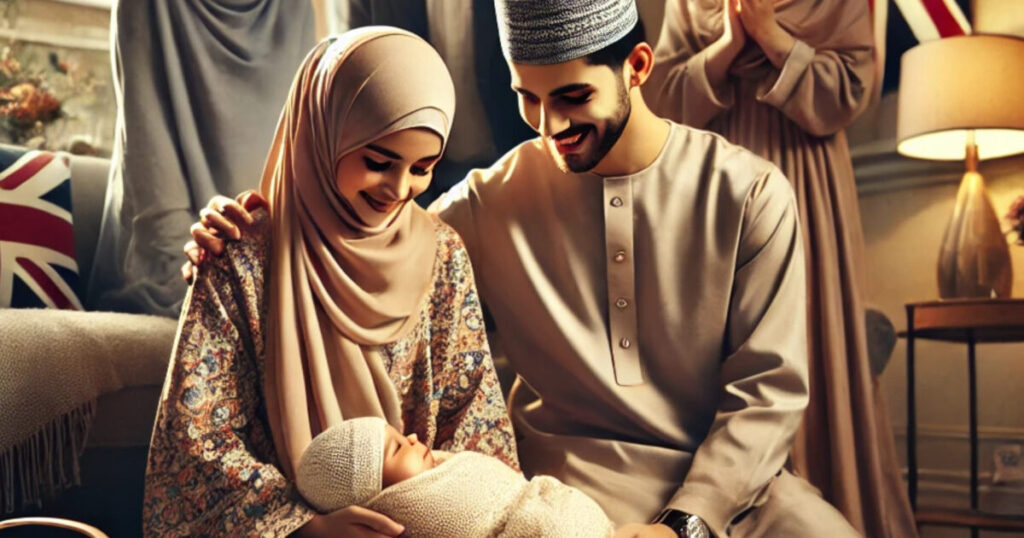The demographic landscape of the United Kingdom is experiencing noteworthy changes, as highlighted by recent data from the Office of National Statistics (ONS). In a significant cultural shift, the name Muhammad has surged to become the most popular name for baby boys, surpassing previously favored names such as Noah and Oliver. The ONS reports an increase in the number of newborns named Muhammad, with 4,661 births recorded in England and Wales in 2023, a rise from 4,177 in the previous year. This multi-faceted shift, which includes various spellings of the name, indicates a broader trend reflecting the growing Muslim population in the UK. The prominence of the name Muhammad, rooted in its connection to the Islamic prophet and the Koran, further underscores the increasing visibility and influence of Islamic culture within British society.
This development has not occurred in isolation. It aligns with broader societal changes and political discourses surrounding immigration and identity in the UK. Comments made by political figures, such as the Vice-President-elect J.D. Vance, who described Britain as a potential “Islamist country,” point to the rising tensions connected with multiculturalism and national identity. Vance’s remarks, while initially received as a joke, highlight a sentiment that has emerged amidst growing fears over immigration and the perceived impact on British values and culture. Such sentiments have prompted discussions among various demographics and have contributed to a polarized national conversation surrounding Islam and its place within British society.
The rise in Muslim names has coincided with increased protests and unrest regarding immigration policies and Islamic extremism, reflecting deep-seated frustrations among segments of the British populace. During the summer, large-scale protests erupted, where demonstrators voiced their concerns over mass immigration and related issues. In response, the Labour government, under Prime Minister Keir Starmer, instituted a crackdown targeting individuals deemed a threat to societal order. This has led to heightened scrutiny of anti-Islamist activism and reactions against far-right movements, illustrating the complex interplay between cultural identity and the political response to public safety concerns.
Amid these tensions, figures like Tommy Robinson have garnered attention for their activism against Islamic extremism in the UK. Robinson’s documentary, “Silenced,” which brought to light the issues surrounding a young boy’s experience with bullying and the ensuing backlash, showcases the contentious nature of social justice and free speech in relation to immigration narratives. His recent sentencing to 18 months in prison for violating court orders while producing such content reflects a broader trend of punitive measures against dissenting voices within the public sphere. This situation not only underscores the nation’s struggles over freedom of expression but also raises critical questions about the balance between national security and civil liberties.
The juxtaposition of a rising Muslim identity alongside political pressures creates a dynamic and often contentious landscape in the UK. While the growing popularity of the name Muhammad signifies a demographic shift that may flavor British culture, it also ignites fears of cultural dilution among other populations. As different communities navigate the changing tides of social structure, the response from governmental bodies suggests an inclination to maintain order and control over perceived threats, often at the expense of individuals like Robinson, who advocate for unfettered discourse around these sensitive topics.
Ultimately, the mutability of Britain’s identity in response to increasing Muslim representation has prompted a national dialogue fraught with implications for the future. As statistics reveal overt demographic shifts, they serve as touchstones for broader conversations encompassing cultural identity, immigration policy, and the reaction from governmental entities. These issues highlight the necessity for nuanced dialogue and understanding as British society continues to evolve in the wake of global migration patterns and internal pressures, reflecting a deeply interconnected and rapidly changing world.

